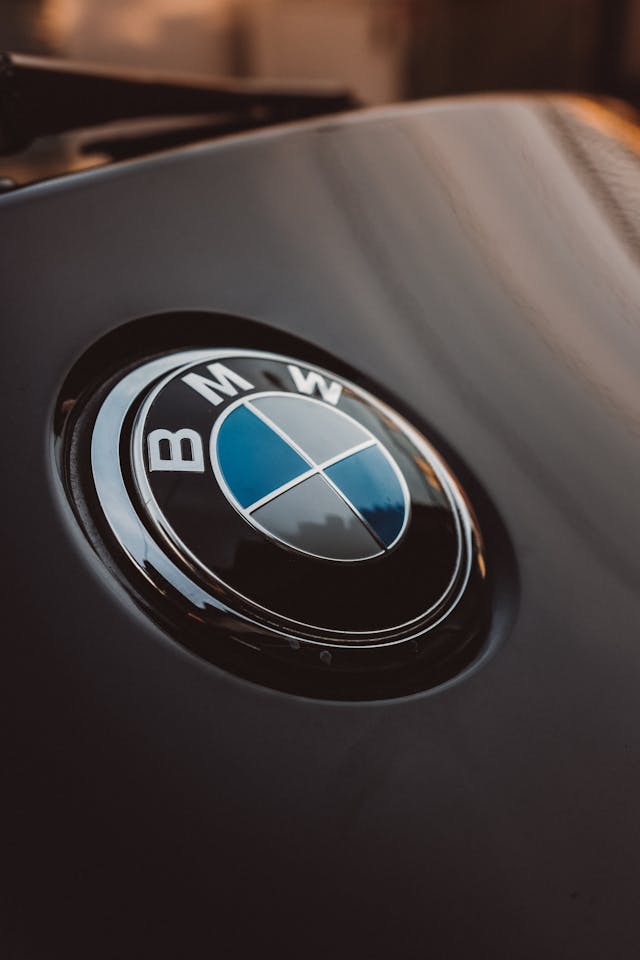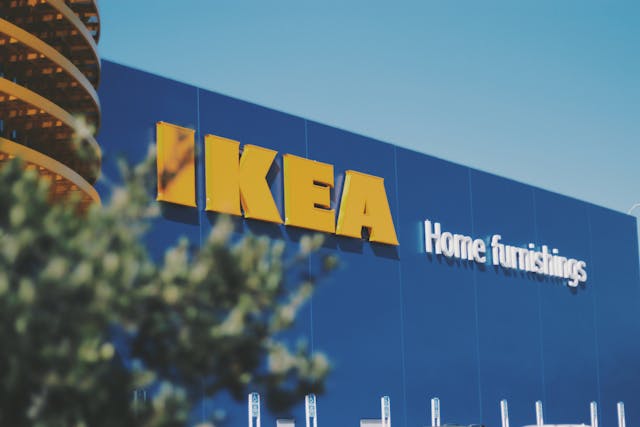When most people hear the term “global brand,” they think of high-rise buildings, big boardrooms, and corporate suits. But surprisingly, some of the most successful companies in the world didn’t start that way. Many iconic brands began as humble family ventures—built with love, vision, trust, and a shared commitment to something bigger than just business.
These families didn’t just build businesses—they built legacies. Let’s dive into ten inspiring stories of family-run companies that went on to leave their mark on the world.
1. Walmart (USA)
Founded by: Sam Walton in 1962
Industry: Retail
Walmart began as a single discount store in Rogers, Arkansas. Sam Walton believed in offering customers lower prices with excellent service. With the help of his family, especially his brother Bud Walton, the business grew rapidly.
Today, Walmart is the largest retailer in the world, with thousands of stores in more than two dozen countries. The Walton family still holds a significant share of the company, and despite its scale, Walmart’s foundation remains deeply tied to Sam’s original values: frugality, hard work, and community.
Lesson: A simple idea rooted in understanding customer needs can scale globally with consistency and family support.
2. Tata Group (India)
Founded by: Jamsetji Tata in 1868
Industry: Conglomerate (Steel, Cars, IT, Hotels, and more)
Tata Group is more than just a business empire—it’s a symbol of India’s industrial spirit. What started as a small trading company evolved into a multinational giant that owns brands like Tata Steel, Tata Motors, and the Taj Hotels.
The Tata family has always emphasized social responsibility alongside business growth. Ratan Tata, who served as chairman for many years, is revered not just as a business leader but as a humanitarian.
Interesting fact: The majority of Tata Group’s ownership is held by philanthropic trusts that fund health, education, and rural development initiatives across India.
3. BMW (Germany)
Family Ties: Quandt Family (since the 1950s)
Industry: Automotive
BMW originally manufactured aircraft engines during World War I. After the war, it pivoted to motorcycles and eventually luxury automobiles. The brand nearly went bankrupt post-WWII, but it was the Quandt family’s investment and belief in the brand that turned things around.

They guided the company through tough times and helped transform it into one of the world’s top premium automotive manufacturers. Even today, the Quandt family holds a major stake in BMW, ensuring continuity and strategic consistency.
Lesson: Family stewardship can turn a struggling company into a global powerhouse with the right vision.
4. Ford Motor Company (USA)
Founded by: Henry Ford in 1903
Industry: Automotive
Henry Ford didn’t invent the car—but he made it affordable. By introducing the assembly line, he revolutionized manufacturing and made car ownership a reality for millions. The Ford Model T became a symbol of innovation.
More than 100 years later, the Ford family remains deeply involved in the business. William Clay Ford Jr., Henry’s great-grandson, has served as executive chairman and continues the legacy of combining innovation with values.
Fun fact: Ford is one of the few global car companies still controlled by its founding family.
5. Samsung (South Korea)
Founded by: Lee Byung-chul in 1938
Industry: Electronics, Technology, Heavy Industry
Samsung started as a small trading business that exported groceries and dried fish. Over decades, under the leadership of the Lee family, it diversified into textiles, insurance, and eventually electronics—where it truly made its mark.
Today, Samsung is one of the world’s top smartphone manufacturers and a tech leader across several industries. The company’s ability to innovate consistently comes from its strong family leadership and long-term thinking.
Lesson: A business doesn’t need to start in tech to dominate tech—it needs the ability to evolve.
6. L’Oréal (France)
Founded by: Eugène Schueller in 1909
Industry: Cosmetics and Beauty
In a tiny Parisian lab, Eugène Schueller created a safe, effective hair dye. He sold it door-to-door to salons. His daughter, Liliane Bettencourt, later took over and helped expand L’Oréal into skincare, fragrance, and global beauty.
L’Oréal now owns brands like Maybelline, Garnier, and Lancôme. It operates in over 150 countries, and the Bettencourt family remains a major shareholder.
Takeaway: Consistent innovation in a niche, backed by passion and strong values, can win the world over.
7. IKEA (Sweden)
Founded by: Ingvar Kamprad in 1943
Industry: Furniture and Retail
Ingvar Kamprad started IKEA by selling matchsticks and pens at a low cost. He later moved to furniture and changed the way the world shops. IKEA’s flat-pack model and minimalist Scandinavian design made quality furniture affordable to the masses.

The Kamprad family managed IKEA’s growth with a clear vision of simplicity, affordability, and sustainability. Even after Ingvar’s death, the business philosophy he built remains at its core.
Fun fact: IKEA’s product names are based on a unique naming system inspired by Scandinavian geography.
8. Estée Lauder (USA)
Founded by: Estée and Joseph Lauder in 1946
Industry: Skincare and Cosmetics
Estée Lauder believed that every woman could be beautiful. She started by creating creams in her kitchen and selling them in salons. Through relentless dedication and charisma, she built a skincare empire.
Today, the Estée Lauder Companies own several brands including MAC, Clinique, and Jo Malone. Members of the Lauder family still occupy key leadership roles and continue to expand the brand’s global presence.
Inspiration: Word of mouth, product trust, and personal belief in the mission built this beauty empire.
9. Ferrero (Italy)
Founded by: Pietro Ferrero in 1946
Industry: Confectionery
Starting from a small pastry shop in post-war Italy, the Ferrero family created beloved products like Nutella, Kinder, and Ferrero Rocher. What made them special? A relentless commitment to quality, family recipes, and global taste appeal.
Even though the Ferrero family stays out of the spotlight, their business influence is huge. The company is still privately owned and continues to expand into new markets and acquisitions.
Sweet truth: Good taste (and good values) run deep in family-run food businesses.
10. Benetton Group (Italy)
Founded by: Luciano, Giuliana, Gilberto, and Carlo Benetton in 1965
Industry: Fashion and Apparel
The Benetton siblings started by selling hand-knitted sweaters in Italy. They used bold colors and even bolder ad campaigns to stand out in the fashion industry. Soon, their brand became known not just for clothes—but for sparking conversations.
Benetton stores opened around the world, and the family remained hands-on in decisions, designs, and direction.
Unique angle: A fashion brand that didn’t just sell clothes but had a voice and a message—driven by a family’s shared purpose.
Final Thoughts: Why Family Businesses Matter
These stories show us that you don’t need a huge investment to build a global brand—you need heart, patience, vision, and a strong family bond. While most corporations focus on short-term profits, family-run businesses often think in generations, not quarters.
If you’re part of a family business today—or dreaming of starting one—let these stories be your reminder: Your small idea could be the next global story.
And if you’re in Australia or the UK running a local service like cleaning, food, or home improvement—remember, every legacy has humble beginnings. What matters most is your values, your consistency, and your vision for the future.





